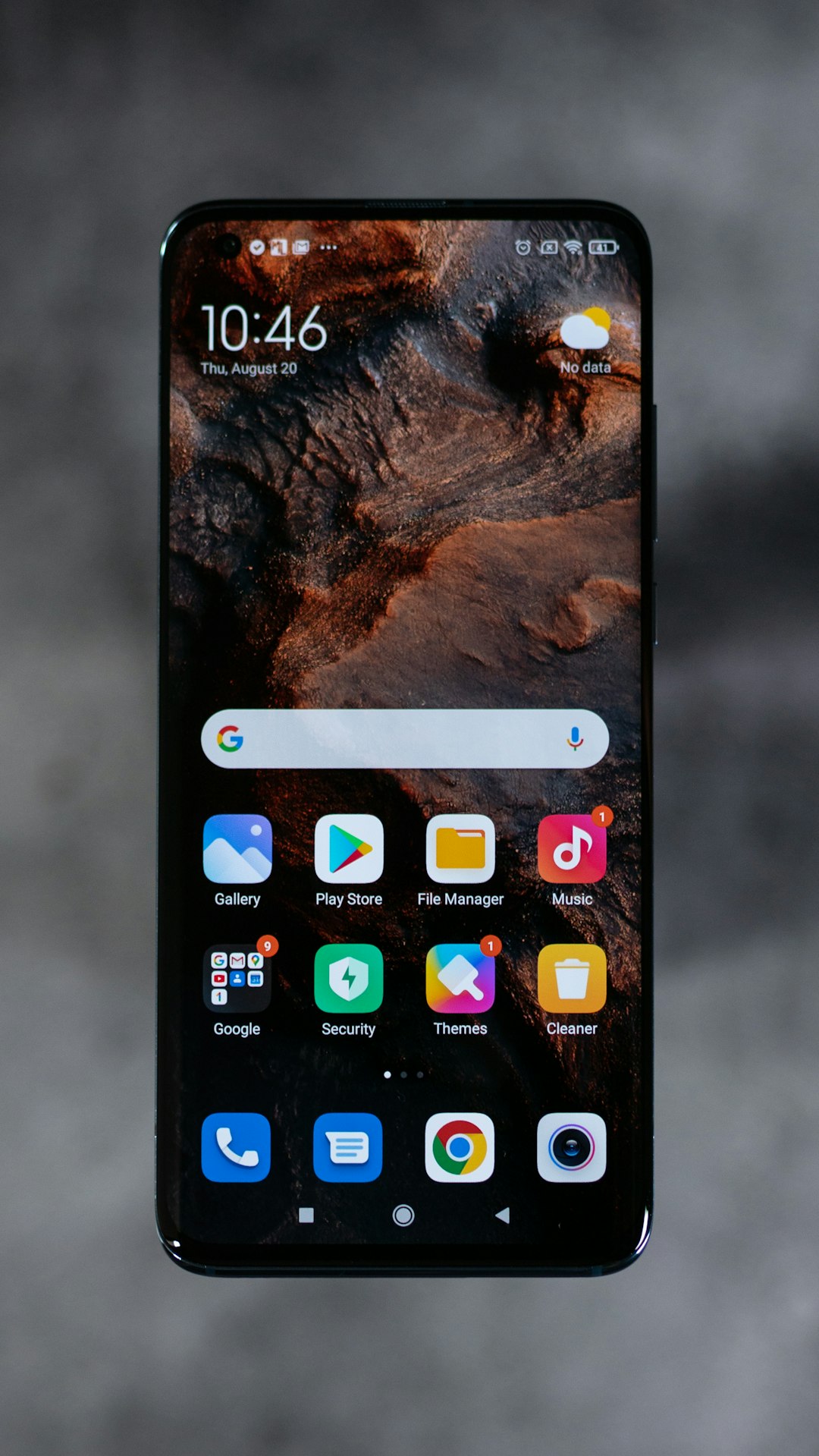Auto dialer usage by law firms in DC faces complex regulations including the TCPA and TSR. Firms must obtain prior express consent, respect do-not-call lists, and provide opt-out options to avoid fines and maintain client trust. Strict compliance, ethical dialing practices, and transparent calling are key for autodialer law firms DC to thrive.
In Washington, DC, small businesses, especially law firms, are turning to autodialers for effective client communication. However, navigating the intricate web of regulations and legal implications surrounding autodialing is crucial. This article delves into essential aspects, including understanding DC’s autodialer rules, legal considerations for law firms, best practices for compliance and privacy, ethical autodialing strategies, and consumer protection laws. By exploring these topics, businesses can harness the power of autodialers while adhering to stringent regulations in DC.
Understanding Autodialer Regulations in DC

In Washington, DC, the use of autodialers for marketing or sales purposes is regulated by both local and federal laws. The Consumer Protection Act (CPA) restricts businesses from using automated dialers to make phone calls unless they obtain prior express consent from the recipient. This means that law firms employing autodialers must ensure they have the necessary permissions before reaching out to potential clients.
Additionally, the Telemarketing Sales Rule (TSR), enforced by the Federal Trade Commission (FTC), sets guidelines for telemarketing activities, including the use of prerecorded messages and autodialers. Businesses using these technologies must comply with specific requirements regarding do-not-call lists, call timing, and consumer privacy. Understanding and adhering to these regulations is crucial for law firms in DC aiming to utilize autodialers effectively while avoiding legal repercussions and maintaining compliance.
Legal Implications for Law Firms Using Autodialers

In Washington, DC, law firms employing autodialers for marketing and outreach must navigate a landscape of strict regulations aimed at protecting consumers from unwanted calls. The Telephone Consumer Protection Act (TCPA) and similar state laws govern the use of autodialers, setting clear boundaries on when and how automated dialing systems can be utilized. Violations can result in substantial fines and damage to the firm’s reputation. Law firms using autodialers must ensure compliance with these regulations, including obtaining prior express consent from recipients for marketing calls, providing an opt-out option during each call, and maintaining detailed records of call activities.
Beyond legal obligations, ethical considerations also come into play. Law firms should foster a culture of responsible dialing, training staff on the importance of respect for individual privacy and consumer choices. Transparency in calling practices can enhance client trust and satisfaction. By adhering to the autodialer law firms DC must navigate, law practices can effectively engage with potential clients while maintaining integrity and avoiding legal pitfalls.
Best Practices for Compliance and Privacy

When implementing an autodialer for marketing or outreach purposes in Washington, DC, law firms must adhere to stringent regulations aimed at protecting consumer privacy and preventing unwanted contact. The Telephone Consumer Protection Act (TCPA) and similar state laws govern the use of autodialers, including restrictions on automated calls, text messages, and robocalls. Law firms should establish clear best practices to ensure compliance.
Firstly, obtain explicit consent from individuals before placing any automated calls or sending texts. This can be achieved through opt-in mechanisms during client onboarding or specific consent forms. Additionally, provide a simple, straightforward way for recipients to opt out of future communications using the “stop” command or a dedicated phone number. Regularly review and update your autodialer scripts to reflect these privacy measures, ensuring ongoing compliance with DC’s autodialer law firms regulations.
Enhancing Client Communication with Ethical Autodialing

In Washington, DC, where legal services are in high demand, effective client communication is key for small law firms to stand out and thrive. An ethical autodialer can significantly enhance their outreach strategies by automating phone calls while adhering to relevant regulations, such as the Telephone Consumer Protection Act (TCPA). This ensures that firms not only comply with laws governing autodialers but also respect clients’ privacy, which is crucial for building trust.
By employing an autodialer with advanced features, DC law firms can streamline their marketing efforts, ensuring personalized communication at scale. This technology allows for targeted campaigns, instant message delivery, and dynamic content adaptation based on recipient behavior. As a result, attorneys can focus more on client relationships, providing exceptional service while maintaining efficient operations in a competitive market.
Navigating Consumer Protection Laws in Washington, DC

In Washington, DC, small businesses using autodialers for marketing or sales purposes must be cognizant of strict consumer protection laws that govern automated calling. The Telemarketing and Consumer Fraud and Abuse Prevention Act (TCFAP) sets guidelines on how businesses can contact consumers by phone, including restrictions on automated dialers. Specifically, businesses must obtain prior express written consent from recipients before making marketing calls using autodialers. Failure to comply can result in significant fines.
Additionally, the Washington, DC Attorney General’s Office actively enforces these laws, particularly against law firms utilizing autodialers for debt collection or other legal services. Law firms operating in DC should partner with autodialer service providers that are compliant with local regulations and have robust opt-out mechanisms to ensure consumer privacy and rights. Staying informed about evolving autodialer laws and partnering with reputable vendors is key to avoiding legal issues and maintaining a positive business reputation among the DC consumer landscape.






